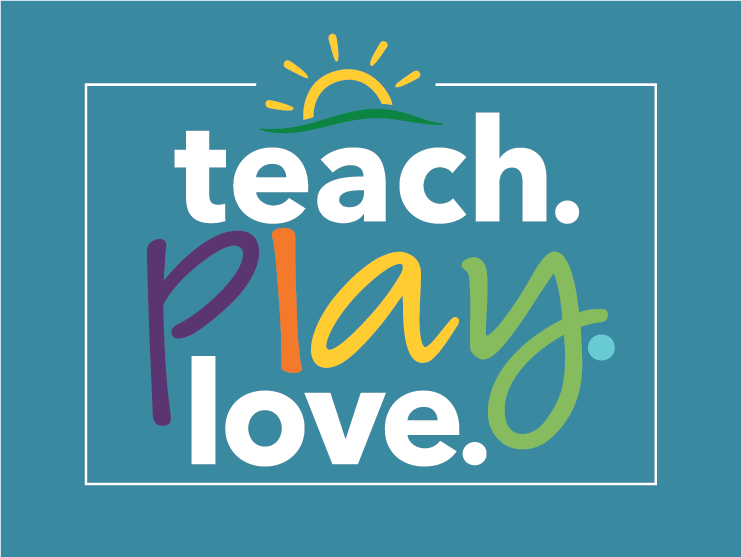The following guest post comes to us from Gary O'Neil, Senior Vice President, Partnership Services, Bright Horizons.
Bright Horizons and March of Dimes® share a common belief - employee wellness and well-being are at the core of an organization's success.
To ensure that they are key components of an organization's culture, it is critical to ensure that a full array of resources is available to a workforce, especially at key stages of employees' lives. That's what Janis Biermann shared recently in regard to the March of Dimes Healthy Babies, Healthy Business® program.
Janis, Senior Vice President of Education and Health Promotion for March of Dimes, knows that comprehensive support that drives overall well-being and ensures consistent levels of employee engagement has far-reaching benefits for employees and organizations' bottom lines.
Healthy Babies, Healthy Business, launched in 2007, expands on that philosophy, focusing on supporting employee wellness specifically during child-bearing years. This web-based program links employees to a portal specially created and customized by their organization. Through the portal, employees can access resources on all aspects of having a healthy pregnancy, from preconception to pregnancy and after the baby is born. The program also includes a kit of March of Dimes award-winning print materials, plus email access to health education specialists who can answer individual questions and direct employees toward helpful resources. The entire program is available to employers and their employees at no cost.
"Even though the rate has dropped," Janis reported, "the U.S. got a grade of C."
Average, in this case, is simply unacceptable. The toll of prematurity can be measured in both health and economic impacts. Families often cope for years with physical and cognitive challenges related to prematurity. And the cost for a preterm delivery is roughly ten times that of an uncomplicated, full-term birth. This adds up to tens of billions annually ($26 billion in 2005) in medical, education and lost-productivity costs to employers.
Healthy Babies, Healthy Business is also part of a larger trend toward moving from employee health and wellness to well-being. As the program's website reads, "Healthy and happy employees are more motivated and productive and stay with a company longer." It's a philosophy we at Bright Horizons® wholeheartedly endorse. We're proud to be among the more than 400 nationwide employers who have embraced the Healthy Babies, Healthy Business program, and among the large number of employers who support employee wellness and well-being for the benefit of our organizations, our employees, their families, and our overall ability to thrive.
Bright Horizons and March of Dimes® share a common belief - employee wellness and well-being are at the core of an organization's success.
To ensure that they are key components of an organization's culture, it is critical to ensure that a full array of resources is available to a workforce, especially at key stages of employees' lives. That's what Janis Biermann shared recently in regard to the March of Dimes Healthy Babies, Healthy Business® program.
Janis, Senior Vice President of Education and Health Promotion for March of Dimes, knows that comprehensive support that drives overall well-being and ensures consistent levels of employee engagement has far-reaching benefits for employees and organizations' bottom lines.
Healthy Babies, Healthy Business, launched in 2007, expands on that philosophy, focusing on supporting employee wellness specifically during child-bearing years. This web-based program links employees to a portal specially created and customized by their organization. Through the portal, employees can access resources on all aspects of having a healthy pregnancy, from preconception to pregnancy and after the baby is born. The program also includes a kit of March of Dimes award-winning print materials, plus email access to health education specialists who can answer individual questions and direct employees toward helpful resources. The entire program is available to employers and their employees at no cost.
Birth Trends in the News
In fact, infant health is a timely focus. Just last month, the March of Dimes released news that while the number of premature babies born in this country fell for the sixth straight year, the nation's preterm birth rate - 12 per 100 - remains on par with developing countries."Even though the rate has dropped," Janis reported, "the U.S. got a grade of C."
Average, in this case, is simply unacceptable. The toll of prematurity can be measured in both health and economic impacts. Families often cope for years with physical and cognitive challenges related to prematurity. And the cost for a preterm delivery is roughly ten times that of an uncomplicated, full-term birth. This adds up to tens of billions annually ($26 billion in 2005) in medical, education and lost-productivity costs to employers.
Beyond Employee Wellness: Supporting Employee Well-Being
Education can help curb those statistics. According to Janis, "An educated person will likely make better choices about his or her health and in this case, expectant moms will have better pregnancies," noting that pre-pregnancy in particular is a key time when lifestyle changes by prospective parents can have significant benefits for future births. "No matter who we are - consumer, provider, payers, or employers - there's something each of us can do to optimize women's health and take a step toward having more babies born full term."Healthy Babies, Healthy Business is also part of a larger trend toward moving from employee health and wellness to well-being. As the program's website reads, "Healthy and happy employees are more motivated and productive and stay with a company longer." It's a philosophy we at Bright Horizons® wholeheartedly endorse. We're proud to be among the more than 400 nationwide employers who have embraced the Healthy Babies, Healthy Business program, and among the large number of employers who support employee wellness and well-being for the benefit of our organizations, our employees, their families, and our overall ability to thrive.





